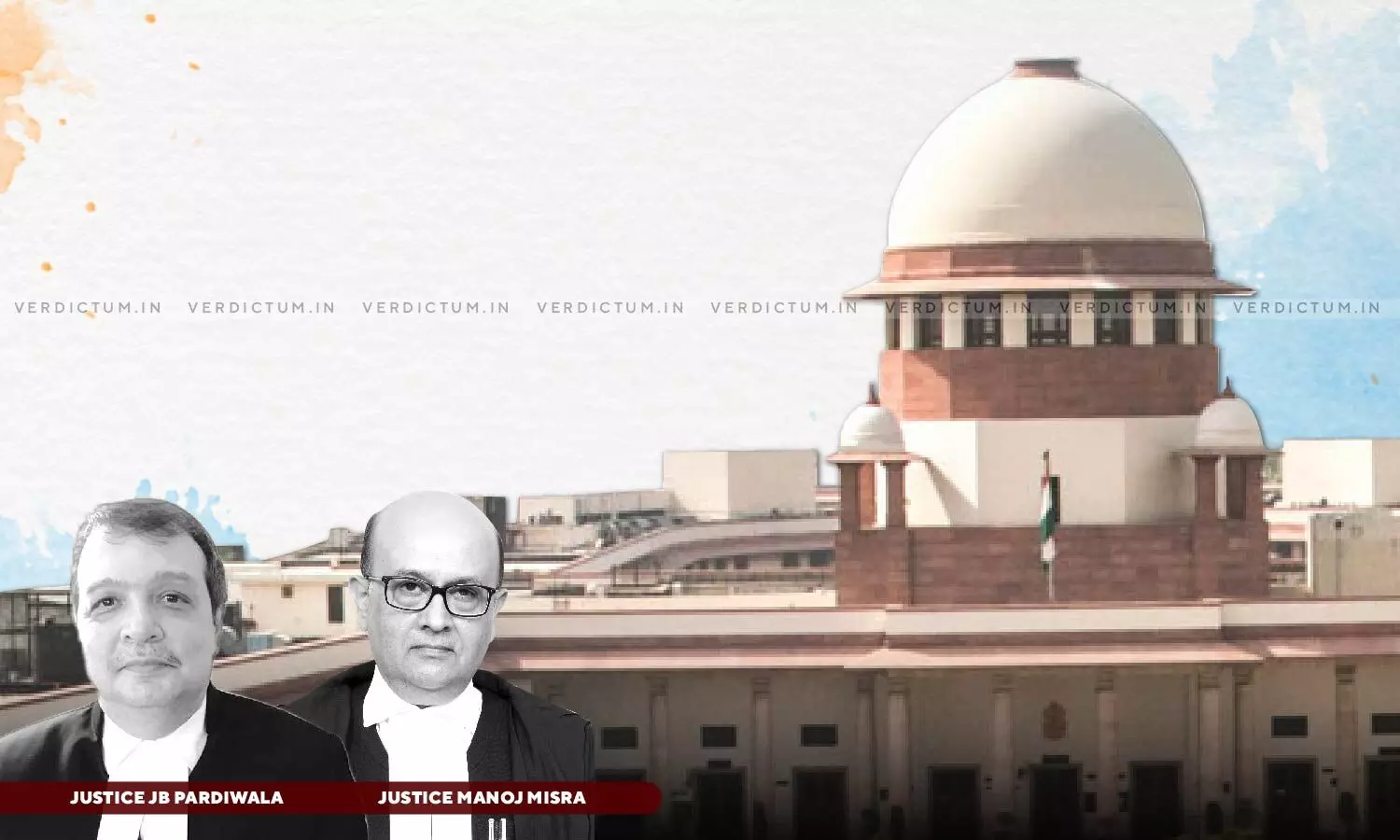 |
|
The Supreme Court of India recently delivered a judgment clarifying the legal position on Section 197 of the Criminal Procedure Code (CrPC), which deals with the requirement of sanction for prosecuting public servants. The case, Om Prakash Yadav v. Niranjan Kumar Upadhyay & Ors., stemmed from an appeal against an Allahabad High Court order that quashed proceedings related to offenses under various sections of the Indian Penal Code (IPC), including murder and conspiracy. The High Court's decision to quash the proceedings was based on the lack of sanction for prosecution under Section 197 CrPC. The Supreme Court's judgment provides crucial guidance on the application and interpretation of this critical legal provision.
The Supreme Court's interpretation emphasizes the nuanced nature of Section 197 CrPC and rejects the notion of a universally applicable rule. The Court highlighted four key points. Firstly, the need for sanction may not be immediately apparent at the initial stages of a complaint or police report. Subsequent evidence might reveal the act was performed in the discharge of official duty, necessitating sanction. This means the question of sanction can arise and be decided at any point in the legal process. Secondly, the Court recognized that determining the need for sanction might require an examination of the defense's evidence regarding the public servant's actions. The accused has the right to present material during the trial demonstrating that their actions were part of their official duties, potentially warranting protection under Section 197 CrPC. This acknowledges the importance of due process and a fair opportunity for the accused to present their case.
Thirdly, the Court ruled that when considering the need for sanction, the court isn't limited to the allegations in the initial complaint. It can assess all available material on record at the time the sanction issue is raised. This comprehensive approach ensures a more informed and just decision. This broader consideration of evidence prevents premature conclusions based solely on limited initial information. Fourthly, and critically, the Court cautioned against prematurely staying or quashing criminal trials. Such actions can severely jeopardize evidence and hamper the judicial process. This underscores the importance of allowing trials to proceed unless there is overwhelming evidence demonstrating the necessity of quashing the proceedings. The Court's emphasis on avoiding premature dismissals safeguards the integrity of the justice system and ensures that all evidence is properly considered before a final determination is made.
The specific case involved allegations of a false FIR lodged by a police official. The Supreme Court correctly determined that lodging a false case and fabricating evidence are not part of a public servant's official duty. Therefore, sanction under Section 197 CrPC was not required. The Court emphasized that a mere opportunity to register a case provided by official duty is insufficient to justify the application of Section 197 CrPC. The act must have a reasonable and rational nexus with the assigned duties. The Court also reiterated that statements recorded under Section 161 CrPC are not substantive evidence and can only be used to highlight contradictions or omissions, as per Section 145 of the Evidence Act, 1872. This clarification is important in preventing the misuse of such statements during trials.
In conclusion, the Supreme Court's judgment in Om Prakash Yadav provides much-needed clarity on the application of Section 197 CrPC. The Court's flexible approach, emphasizing the consideration of all available evidence at any stage of the proceedings, and its caution against premature termination of trials safeguards both the rights of the accused and the integrity of the criminal justice system. The judgment serves as a significant precedent, guiding future decisions related to sanction for prosecution of public servants and ensuring a more equitable and efficient judicial process. The case highlights the complexity of balancing the need to protect public servants acting within their official duties with the equal necessity to prevent abuse of power and ensure accountability for wrongdoing. The Supreme Court's decision to set aside the High Court's order and direct the trial court to proceed with the case demonstrates a commitment to thorough investigation and a fair trial. This ruling also reinforces the importance of examining the specific context of each case, rather than imposing rigid, inflexible rules when applying Section 197 CrPC.
The detailed facts of the case, including the allegations of murder, grievous injury, and the attempts by the accused to influence the investigation, underscore the importance of a just and impartial judicial process. The Supreme Court's decision to emphasize the need to avoid prematurely halting proceedings underscores a commitment to thoroughness and a just outcome. This careful consideration of the evidence and its interpretation provides a valuable contribution to legal scholarship and practice in India. The judgment’s influence will extend beyond this specific case, guiding lower courts in their interpretation and application of Section 197 CrPC in similar scenarios. Ultimately, the Supreme Court's clarification clarifies the intricacies of this vital legal provision, promoting a more just and efficient administration of criminal justice.
